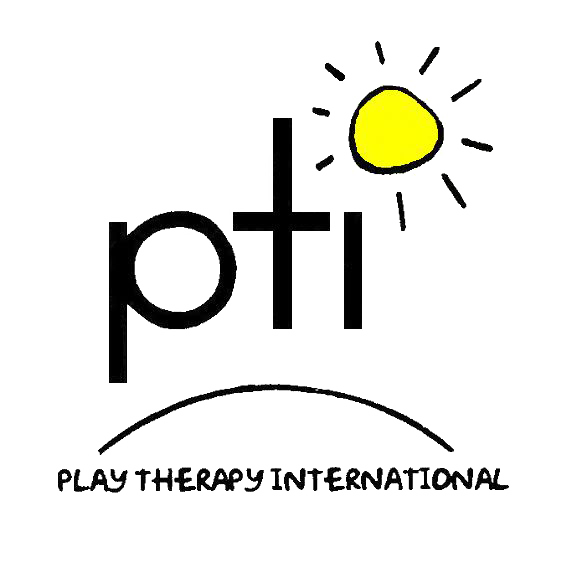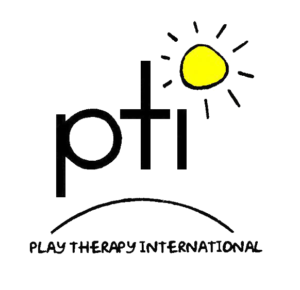Practitioners should take into account their responsibilities and their clients’ rights under data protection legislation and any other legal requirements.
Principles of Good Quality of Care
- Good quality of care requires competently delivered services that meet the client’s needs by practitioners who are appropriately supported and accountable.
- Practitioners should give careful consideration to the limitations of their training and experience and work within these limits, taking advantage of available professional support. If work with clients requires the provision of additional services operating in parallel with play, creative Arts and filial therapies, the availability of such services ought to be taken into account, as their absence may constitute a significant limitation.
- Good practice involves clarifying and agreeing the rights and responsibilities of both the practitioner, the client, the client’s carer(s) or those legally responsible, the referrer and the commissioner (provider of funds for the service) at appropriate points in the working relationship.
- Multiple relationships arise when the practitioner has two or more kinds of relationship concurrently with a client, for example client, carer and trainee, acquaintance and client, colleague and supervisee. The existence of a multiple relationship with a client is seldom neutral and can have a powerful beneficial or detrimental impact that may not always be easily foreseeable. For these reasons practitioners are required to consider the implications of entering into multiple relationships with clients, to avoid entering into relationships that are likely to be detrimental to clients, and to be readily accountable to clients and colleagues for any multiple relationships that occur.
- Practitioners are encouraged to keep appropriate records of their work with clients unless there are adequate reasons for not keeping any records. All records should be accurate, respectful of clients and colleagues and protected from unauthorised disclosure. Clients and those legally responsible for them should be appropriately informed about the implications of any potential legal proceedings.
- Clients are entitled to competently delivered services that are periodically reviewed by the practitioner. These reviews may be conducted, when appropriate, in consultation with clients, carers, supervisors, managers or other practitioners with relevant expertise.
- The quality of outcomes of the therapy provided should, wherever practical, be monitored using pre and post treatment measures that are appropriate to the environment, emotional age, condition of the client and systemic factors.

